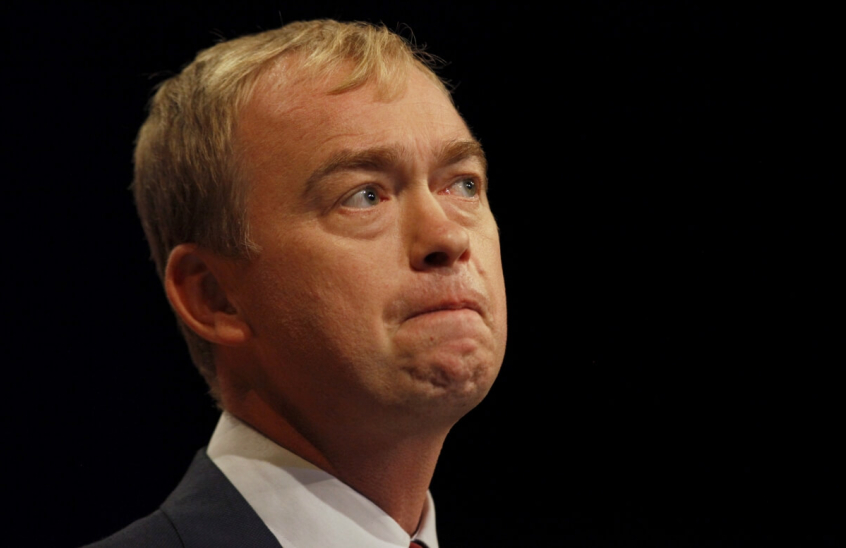An inquisitorial tone is to be expected from the presenters on Radio 4's Today programme, but on Wednesday May 18 we had that tone of outrage reserved by the BBC for an idea which its presenters consider beyond the pale.
A Liberal Democrat spokesman was confronted with the fact that a decade ago his party leader, Tim Farron, had opposed abortion. Was this, the presenter asked, still the case and would it affect party policy?

As the Lib Dems are not famous for extending their definition of diversity to tolerating orthodox Christian beliefs on sexual matters, the answer was a foregone conclusion – no. But what was interesting was the presenter pressing for a recantation. We were duly informed that he had now recanted. Great joy ensued. Here was a man who had opposed gay marriage and abortion, but now he had got with the programme.
Under William III, parliament passed a series of Test Acts designed to bar from public life an otherwise qualified man who was not an Anglican. For 150 years Britain was an Anglican confession state, and not until the Catholic Relief Act of 1829 were Roman Catholics permitted to vote in national elections and sit in parliament.
In their original form the Test Acts allowed any non-Anglican who felt able to turn up to take communion a couple of times a year to vote – in other words, anyone who believed what their Catholic faith taught was barred, but those with looser consciences were able to squeeze in.
We now have a modern test Act.
'Are you now, or have you ever been, in favour of restricting abortion "rights" or have you opposed gay marriage?' Should you fail to recant, there will be a public roasting. Anyone familiar with Twitter will see the reaction of many progressives to orthodox Christians and it is not pleasant. At the very least, the Christian politician who holds to orthodox teaching on such matters has to be prepared to declare that whatever his or her views, they will have no influence on their conduct in office.
This Test is not required of those who promote any part of the progressives' agendas; it is taken for granted that part of their purpose in politics is to promote progressive causes. It aligns with the popular view that faith is a private matter which can be tolerated in the private sphere. There is no objective reason this should be so, it has simply become an underlying assumption of the new Test Act.
Are we to expect from Christians a standard different from that we ask from 'ordinary politicians'? If so, why? Why should a Christian politician be expected to check his or her beliefs at the door? My own university, which is explicitly Catholic, welcomes students of all faiths and none, asking only for mutual respect. One of our research centres is producing a handbook for the Catholic Education Service on how to combat homophobic bullying. Some have criticised it because it used, with permission, material from gay campaign group Stonewall, but that, for us, is part of a Catholic ethos. It has expertise here, and while not adopting its assumptions we can use its expertise. Should we have expected Stonewall to have left its principles at the door?
If we have reached a pass in public life where the possession of orthodox Christian views is a bar to public life, we shall exclude some of the people we most need in it – men and women whose focus is on service rather than self. Do we really want only those who are at least willing to pay lip service to a progressive agenda? Tim Farron may, or may not have changed his views, but the way in which the media, and some of his colleagues have behaved reminds one of heresy hunts. One of the comments one hears most often from voters is that politicians are opportunists, so do we want to further increase their suspicion? Do opinion polls suggest that the progressive agenda in some of these areas are popular? Or is this why there is a heresy hunt – the lingering fear that Farron's views might be shared by others?
Political life is already dominated by a narrow range of people, and the danger of group-think is obvious. The hounding of Tim Farron suggests there are those who wish to apply Test Act mentality to political life. We have recently heard much of the Benedict Option – it sounds as though Farron's persecutors would like to enforce it. That should be resisted.
John Charmley is an historian and Pro-Vice Chancellor at St Mary's University, Twickenham.













